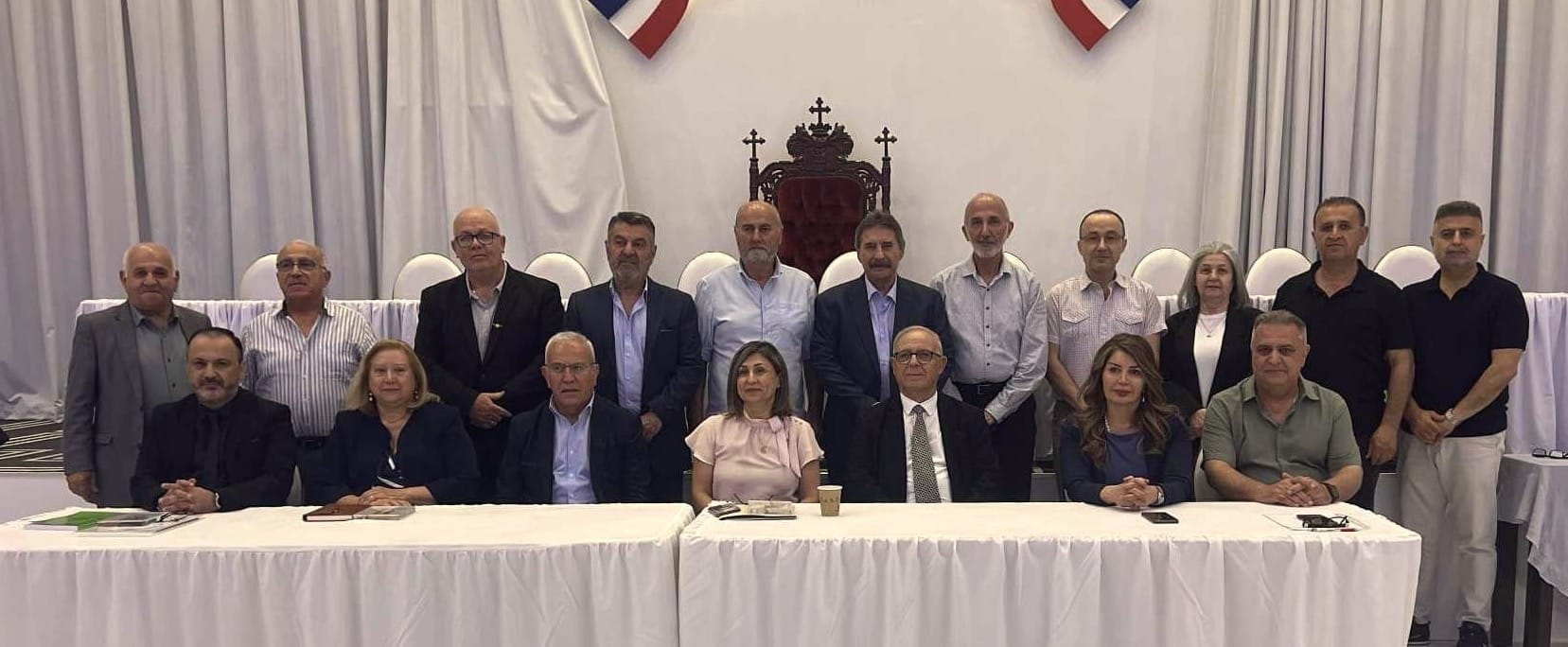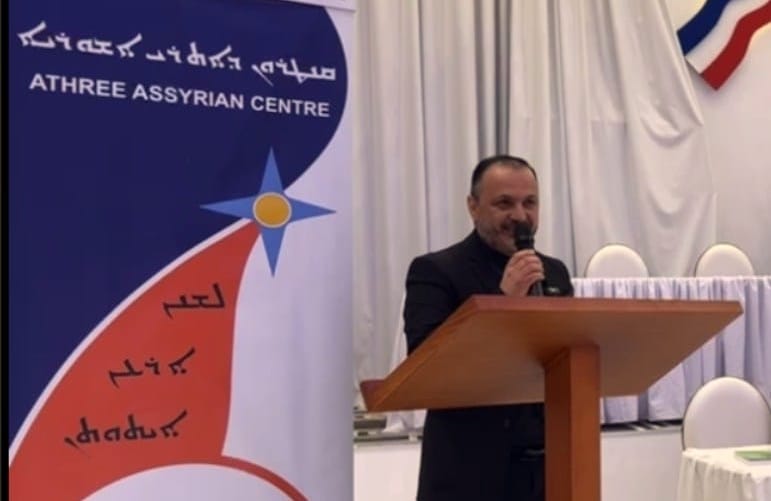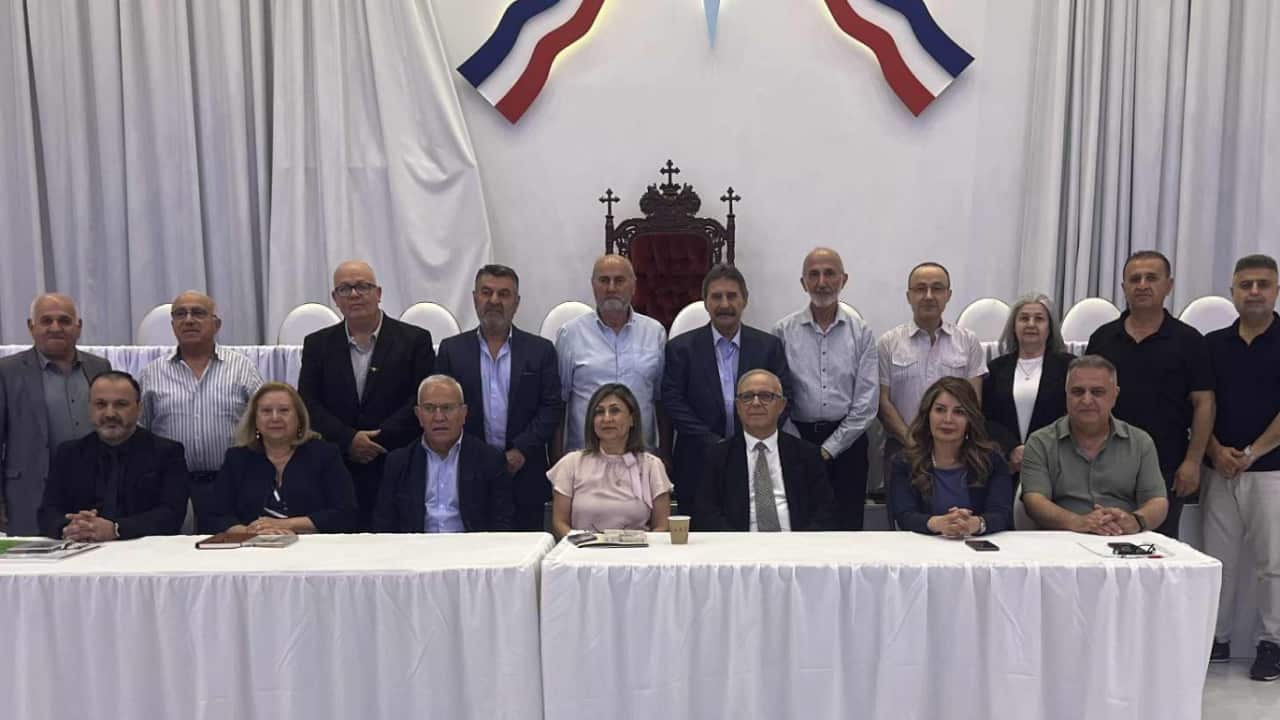The event, held on 19th of October and hosted by the Athree Assyrian Centre under the title "The Reality of Assyrian Language Schools in Sydney", marked a milestone for the community. The seminar brought together principals of Sydney’s Assyrian language schools for the first time to discuss the future of Assyrian language education, its challenges, and opportunities for unity and development.
Sydney is home to six Assyrian language schools, with representatives from five in attendance. These included Diqlat Assyrian School, the oldest Assyrian school in Australia, established in 1974 and operated by the Assyrian Australian Association, Nisibin Assyrian School, the Assyrian Language College (which caters for adult learners), as well as schools run by the Assyrian Church of the East and the Ancient Church of the East. The St Thomas Urhai School, run by Assyrians from the Chaldean Catholic Church, was not present at the seminar.
The discussion covered a range of topics, with each principal sharing insights into their school’s history, student and teacher numbers, and curriculum design, as well as methods for teaching the language effectively. Participants also explored ways to strengthen cooperation between schools and increase community engagement.

“When it comes to parties, hundreds attend but when it’s about our culture and language, the numbers drop"
One of the main challenges raised was scheduling, as weekend classes often clash with students’ sporting and extracurricular commitments. Many students also experience fatigue from weekday schooling, affecting focus and attendance.
Around 70 people attended the event in person, most of them teachers and volunteers involved in language education. The seminar’s livestream drew over 2,000 views, reflecting the interest for the issues discussed.
Sargon Warde, principal of the Nisibin Assyrian School, expressed disappointment at the low physical turnout, noting that “when it comes to parties, hundreds attend but when it’s about our culture and language, the numbers drop.” His remarks highlighted the ongoing challenge of prioritising cultural education within the community.

During the seminar, SBS Assyrian Presenter Ninos Kako proposed establishing an Assyrian Language Council, an international network where educators and linguists could meet virtually to exchange ideas, share resources, and coordinate initiatives.
Mr Warde agreed, pointing out that the seminar represented “the first step” toward such initiatives, emphasising the importance of continued collaboration among Assyrian institutions. “Our language is our existence,” he said, underscoring the vital role of language preservation in maintaining Assyrian identity in the diaspora.












